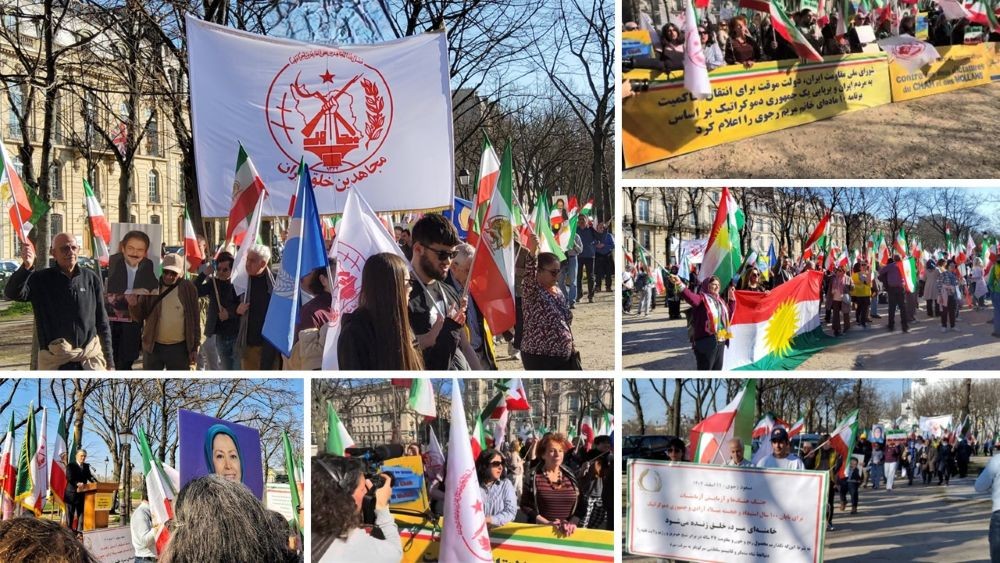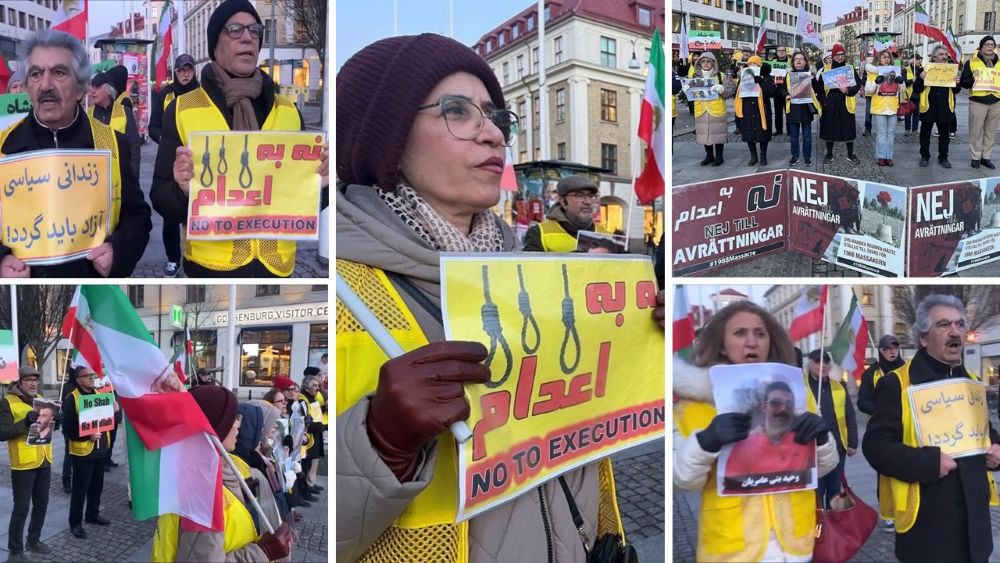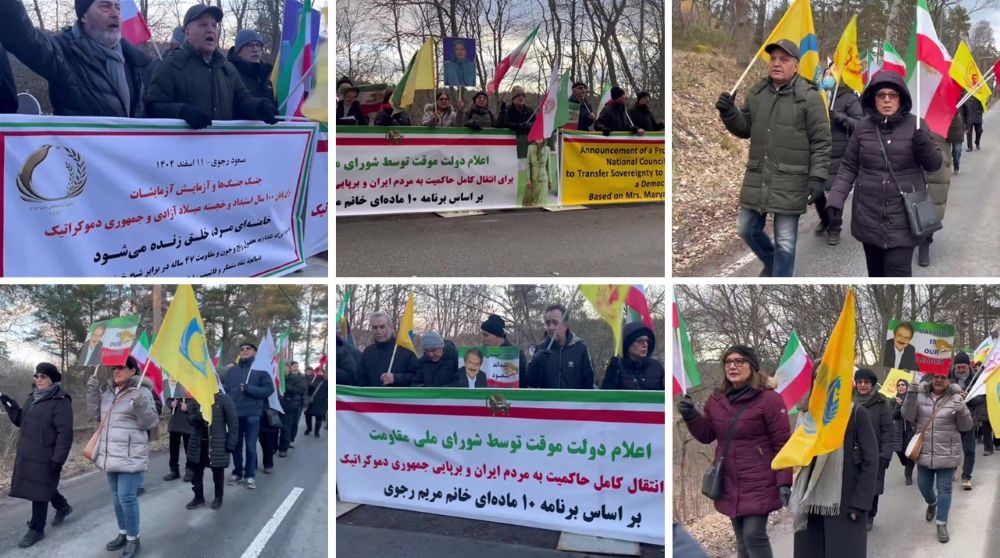Female heads of households in Iran have reached four million and now 15 million people are dependent on these women.
The regime attempts to show its support for these women through mentoring projects meant to empower them, but the dire living conditions of these women and their families show just how much the regime has failed. There are numerous resolutions, directives, and communiqués regarding female heads of households in official government records, but from what we can see, it appears that these records are worth less than the paper they’re written on.
Massoumeh Ebtekar, the deputy for Women and Family Affairs, has failed to do anything for women besides making “empowerment of women heads of household” a slogan.
Mousavi Chelek, head of the Aid Workers’ Association, said that there is no support available to empower women, which makes the plan meaningless because so many women are unemployed and unable to achieve independence. He said that as time goes on, there will only be more households headed by women and that the pandemic will make it harder for them to earn a living.
Meanwhile, social ailments expert Jafar Bai called the plan “deceptive” because there was no “fundamental and infrastructural view in this area”.
This should not surprise anyone because the regime is only paying pensions to a small proportion of female heads of household who are entitled to it and even those who are paid will get less than legally required. In addition, the minimum wage in Iran is not enough to cover basic living expenses and, unsurprisingly, women are always paid less than men.
One retired female breadwinner said: “I retired in 2019… In the most optimistic case, this pension covers 10 days’ worth of expenses for my family and me, or it just pays the rent.”
Another issue in which women are discriminated against is the non-payment of money for the children of government workers. The regime pays 600,000 Tomans to every employee who is married with children, but even though every employee pays the same insurance fee, women are not given the payment.
One female head of the household said: “I am a woman head of household. I own neither the house nor the shop. Although I sent my national code, I was not given a loan of one million Tomans and no basket of goods!… The government paid a living subsidy and loans totalling 1,000,000 Tomans to my landlord, who already owns three units of the house and the shop – his financial situation is very good. But you did not give it to me – she who has not even a meter of land as a woman head of household?!”



